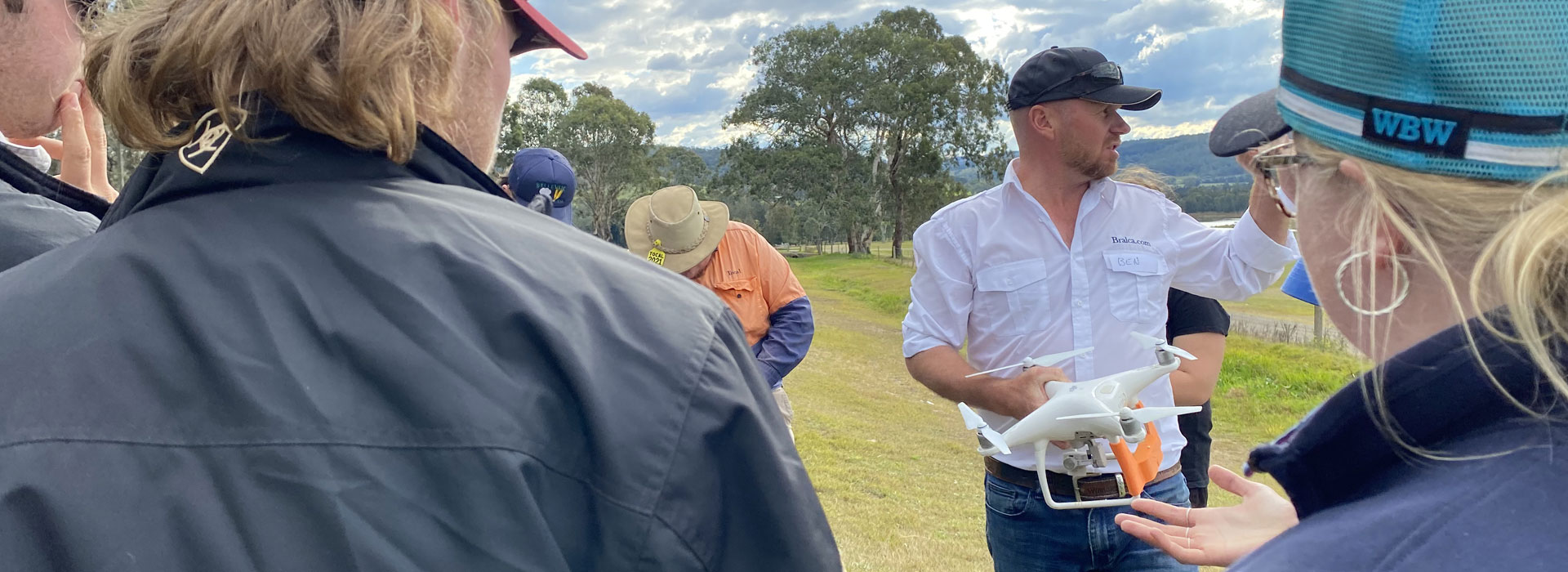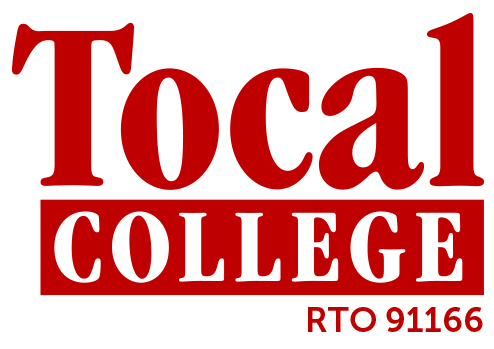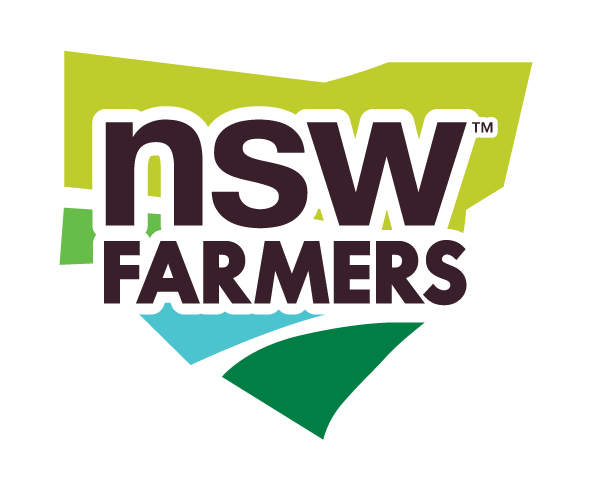About this course
Designed by farmers for farmers with the support of NSW Farmers and delivered by an experienced drone operator and trainer, this course will teach you how to use drones to collect farm data to help you make informed decisions such as refined fertiliser, sowing, crop and weed management plans, as well as monitoring and maximising the efficiency of farm water systems.
Operating a drone is like any other precision control system - with proper planning, set up and confidence to operate safely, it can provide real on-farm benefits.
The course aims to develop knowledge and skills in:
- Safe and efficient operation of drones in an agricultural context
- Australian laws related to the use of Remote Pilot Aircraft’s (RPA) for private use
- Collecting and processing data for use in creating a crop planting map or precision fertiliser program.
At a glance:
| Location: | Statewide |
| Course duration: | 1 day face-to-face with pre-course online work |
| Start date: | Multiple intakes |
| Number of units: | 2 |
| Indicative fees: | $1,345 Nil to eligible applicants |
| Accredited Course: | Yes |

Delivered in partnership with NSW Farmers for farmers. |  |
Details
- How to control your drone – get it to return home
- Setup, procedures and safety checks
- Basic maintenance and repair
- Overviews of available drones on the market
- Australian laws related to the use of RPA’s for private use
- Collecting and managing aerial images
$1,345 GST-free. Nil to eligible applicants.
This course explores the opportunities drones provide in farming operations by working through 4 steps.
Step 1. Identify the farm area or mapping project
Listing the details of the farm, airspace and requirements will help shape where we can use agricultural drones and which airframe may best suit to cover the area required.
In January 2021 new regulations were introduced around the use of Remote Aircraft on farms. This course addresses the additional requirements along with providing the knowledge to complete the CASA accreditation and registration.
Step 2. Preparation
Using drones in your operation is like any other specialised equipment, preparation is key!
Preparation will cover your hardware, battery or fuel systems, ancillary equipment such as sensors or spreaders and finally air maps to help us plan the airspace we wish to operate in.
Step 3. Operation
At the face-to-face workshop you will have hands-on sessions where you will build skills in a range of equipment setups, prestart checks, fundamental flight drills, refuelling procedures, automated operation, and data retrieval
Step 4. Shutdowns and maintenance
Full shut down and maintenance requirements to ensure safe operations and ensure that your equipment is packed away for safe transit and be ready the next time you require it.
This course is a blend of online and face-to-face training.
Note this course requires the completion of pre-course work online. You must be able to commit to 1-2 hours of online course work prior to attending the training day.
This course is mapped to the following national units of competency:
- AHCMOM311 - Operate precision control technology
- AVIW0028 - Operate and manage remote pilot aircraft systems
Additional Information
For information on students rights and responsibilities, and the Tocal College Code of Practice see Industry qualification student policies.
Tocal newsletter
Want to find out about news, events, courses and publications?


